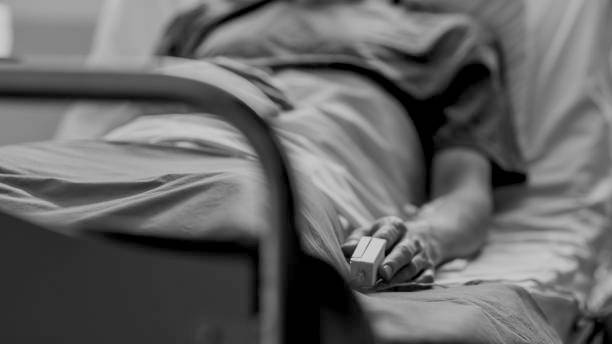
1. Follow Your Doctor's Post-Op Instructions
After a surgery, patients are given instructions to follow by their doctor to ensure the safest and quickest recovery with the least amount of complications. Patients often pick and choose which instructions they think are most important and ignore ones that they feel don’t apply to them or ones they don’t like. It is important to follow all instructions provided by your doctor even though some may seem silly, there is usually a very good reason for it. If you don’t understand the importance of an instruction given, ask your doctor or nurse why it is important.
2. Attend All Follow-Up Appointments
Many patients believe that if their wound is healing well and they are feeling much better they might not need to attend their follow-up appointments. While a follow-up appointment may seem like waste of time if you seem to be feeling better, your physician will be looking at some additional factors that you cannot see or feel. They may look for signs of infection, do follow-up blood work, adjust your medication. and much more.
3. Take Proper Care of Your Body
Taking care of your body after a surgery includes inspecting your incision, taking steps to prevent infection, drinking and eating properly, controlling your pain and movement.
It is important to inspect your incision often, even a several times a day. Looking at the colour, wound drainage and stitching will help determine whether your surgical site is healing well or if it as become infected. To prevent infection, washing your hands before touching your incision or inspecting it is the easiest and most important thing you can do during the recovery period.
It is also important to eat and drink properly after a surgery. Many post-op patients may not have an appetite due to nausea or constipation, but it is crucial to stay hydrated and eat a healthy diet to promote quick healing and minimize common complications.
Lastly, keeping your pain under control is very important after surgery, Keeping your pain at a tolerable level will help you speed up the healing process. Some patients often hesitate to take their pain medication as prescribed due to the fear of addiction or other complications. However if you are in too much pain to walk, cough or sneeze you leave yourself at risk for other complications.
While you may be advised from doing any strenuous activity such as lifting, running or any contact sports, or swimming – walking and continuing to move is extremely important for post-op patients. Just a quick walk every hour or two can help prevent serious complications like pneumonia, deep vein thrombosis or blood clots.
4. Summus Laser Therapy
The Summus Medical P4 Laser (also known as High Power Laser Therapy), uses red or infrared light to target damaged tissues and accelerate the healing process. Benefits of Summus Laser Therapy include:
- Anti-Microbial effect: Great for wound healing for post-surgical patients.
- Anti-Bacterial effects to prevent infection
- Accelerated tissue regeneration, increased circulation which draws water, oxygen, and nutrients to the injured area.
- Reduced inflammation, swelling, muscle spasm, stiffness and pain


